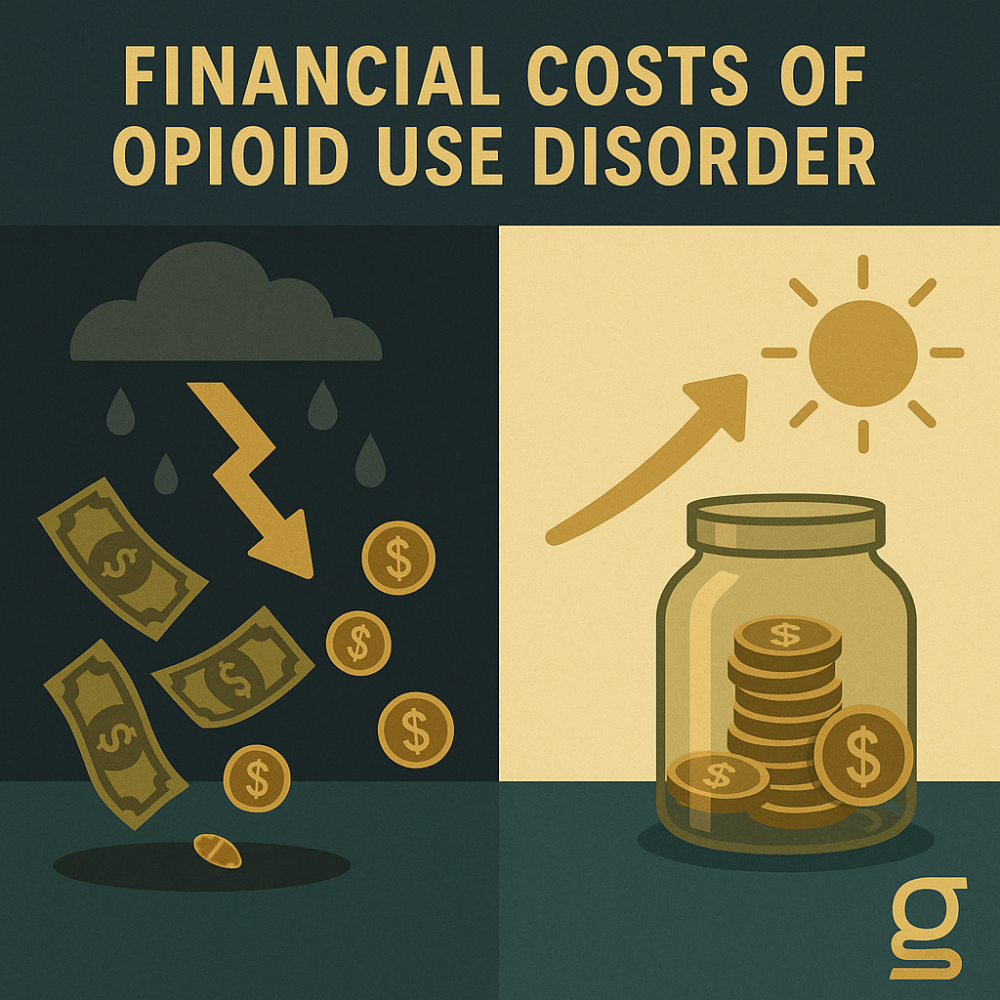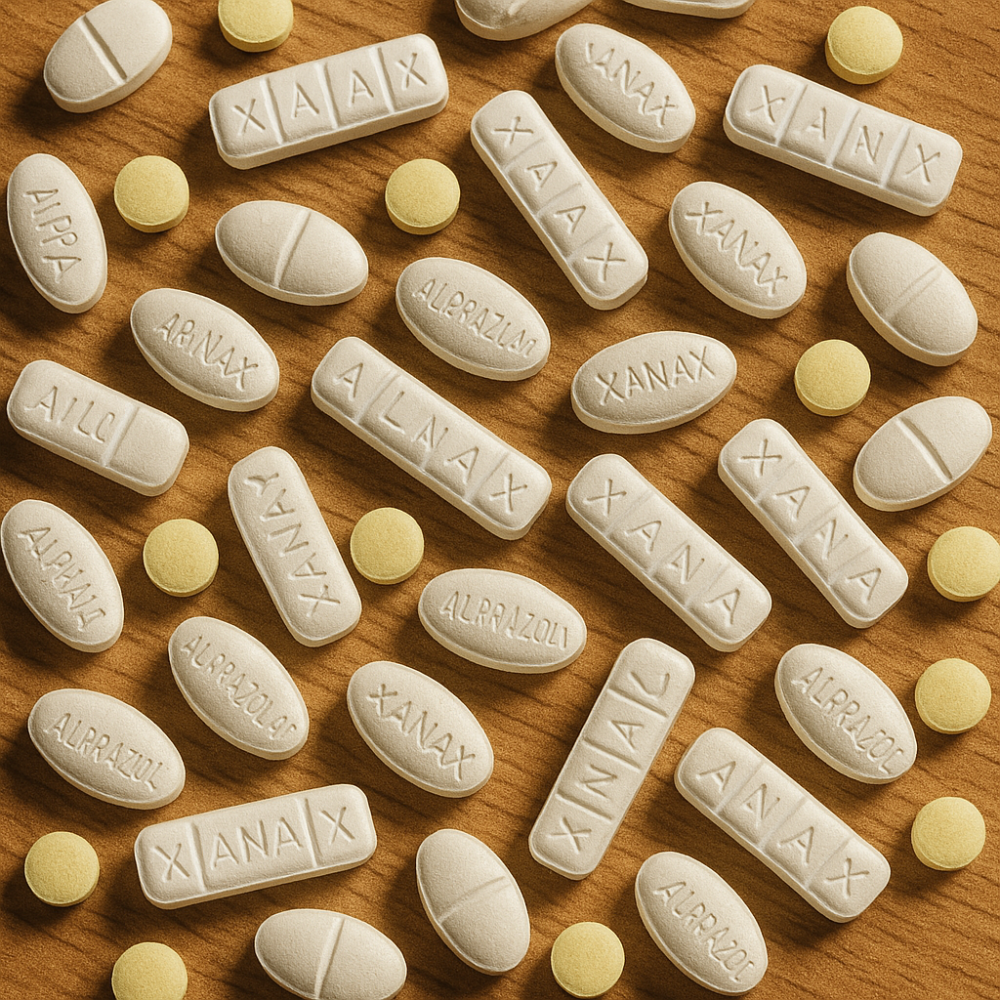Mixing drugs and alcohol is always dangerous. However, one combination in particular is especially dangerous: alcohol and benzodiazepines (Valium, Klonopin, Xanax, and more). These two substances alone can pose dangerous risks and, when mixed, their effects can be amplified.
What Is Alcohol?
Alcohol, ETOH, is the ingredient found in beer, wine, and spirits that causes drunkenness. Alcohol is formed when yeast ferments the sugars in different foods. For example, wine is made from the sugar in grapes, beer from the sugar of malted barley, and vodka from the sugar in potatoes.
Alcohol is classified as a sedative-hypnotic drug, which means it acts to depress the central nervous system. Drinking too much alcohol at once can lead to drowsiness, respiratory depression, coma, or even death. However, alcohol can also produce effects similar to stimulants, including increased heart rate and aggression; it is not entirely clear if all motor, cognitive and behavioral effects can be unambiguously assigned to either stimulant or sedative effects.
Alcohol affects every organ in the body and these effects depend on the blood alcohol concentration (BAC) over time.
What Are Benzodiazepines?
Benzodiazepines, or benzos, are a type of sedative that are typically prescribed by a doctor. They are usually a short term medication given for two to four weeks due to their high potential for addiction. Benzos generally are used to treat severe anxiety, panic disorders, sleep problems, and acute alcohol withdrawal.
There are two different types of benzos: hypnotics and anxiolytics. Hypnotics are shorter acting and are mostly used to treat sleep problems, such as insomnia. Anxiolytics are longer lasting and mainly used to treat anxiety.
The US-approved benzodiazepine list includes:
- Alprazolam (Xanax)
- Chlordiazepoxide (Librium)
- Clonazepam (Klonopin)
- Clorazepate (Tranxene)
- Diazepam (Valium)
- Estazolam (Prosom)
- Flurazepam (Dalmane)
- Lorazepam (Ativan)
- Midazolam (Versed)
- Oxazepam (Serax)
- Temazepam (Restoril)
- Triazolam (Halcion)
- Quazepam (Doral)
What Is Mixing?
Mixing involves drinking alcohol while taking other substances. Individuals who have a history of substance use disorder (SUD) related to alcohol or drink excessive amounts of alcohol are more likely to use other substances, such as prescription or illicit drugs. Drinking and taking drugs poses a risk of potentially permanent health complications.
Mixing Alcohol and Benzodiazepines
Mixing benzos and alcohol can lead to severe problems. Both benzos and alcohol are depressants, meaning they slow down the central nervous system and the body’s organs. By themselves, benzos can cause lethargy, drowsiness, memory impairment, mental confusion, and depression. Mixing alcohol and benzos increases the intensity of these effects and can cause other problems, such as:
- Memory loss
- Poor coordination
- Mood swings
- Severe depression
- Increased possibility of accidents
- Intense nausea
- Unconsciousness
- Organ failure
- Coma
- Death
Benzos and alcohol wreak havoc on your central nervous and immune systems and, over time, can lead to massive organ failure and death. Combining the two substances also increases your chances of addiction to both substances, causing you to use increasing amounts of each to reach the same high — a situation that often ends in a fatal overdose. According to the National Center for Biotechnology Information, of the 1,512 benzodiazepine-related deaths in 2010, 26.1% involved alcohol.
Detoxing From Alcohol and Benzodiazepine
Since alcohol and benzos both act as central nervous system depressants, the mixture of the two will significantly slow down the heart rate, lower blood pressure, and reduce the body’s temperature. When these two substances are used excessively over time, the body will adjust to these conditions and accept them as “normal.” If an individual suddenly stops using alcohol and benzos, these functions will quickly rebound, causing withdrawal symptoms and possibly seizures. This makes quitting benzos and alcohol alone and “cold turkey” extremely dangerous. Detoxing from this combination of substances should only be done under medical supervision.
The body’s vital signs must be carefully monitored during the detox process to help avoid and manage withdrawal symptoms, including:
- Elevated heart rate or rhythm disturbances
- Headaches
- Tingling in arms and legs
- Nausea and vomiting
- High blood pressure
- Sweating and fever
- Blurred vision
- Seizures
- Delirium tremens
If detox is attempted at home with no medical supervision, some of the more dangerous withdrawal symptoms can lead to death. Due to the complex combination of substances in the body, detoxing from benzos and alcohol is unpredictable and significantly more challenging than detoxing from just one drug.
There Is Hope
Medical detox is essential for successful aftercare and recovery for patients with alcohol and benzodiazepine addiction. At Gallus Medical Detox Centers, we implement The Gallus Method to ensure your safety and comfort during the detox process. We also provide our clients with a biopsychosocial evaluation to determine their next steps in their recovery journey. This may include residential rehabilitation programs, outpatient programs, therapy for mental health disorders, and more. Your safety is our priority and you can heal from substance use.
Mixing drugs and alcohol is always dangerous. However, one combination in particular is especially dangerous: alcohol and benzodiazepines (benzos). Many people who combine alcohol and benzos may not be aware of the dangers of combining these two substances or do not understand the severity of this combination. Both benzos and alcohol are depressants, meaning they slow down the central nervous system and the body’s organs. Taking these substances together can amplify the harmful and dangerous effects of both drugs. Due to the complex combination of substances in the body, detoxing from benzos and alcohol is unpredictable and significantly more challenging than detoxing from just one drug. Withdrawal symptoms can be uncomfortable, frightening, and even life-threatening.
At Gallus Medical Detox Centers, we use proprietary, evidence-based medical protocols that prioritize our patients’ comfort and safety to guide them through the detox process. We also provide a biopsychosocial evaluation to help clients indicate their next steps in recovery to ensure lasting sobriety.


 Steve B
Steve B 

 Casey Wilson
Casey Wilson